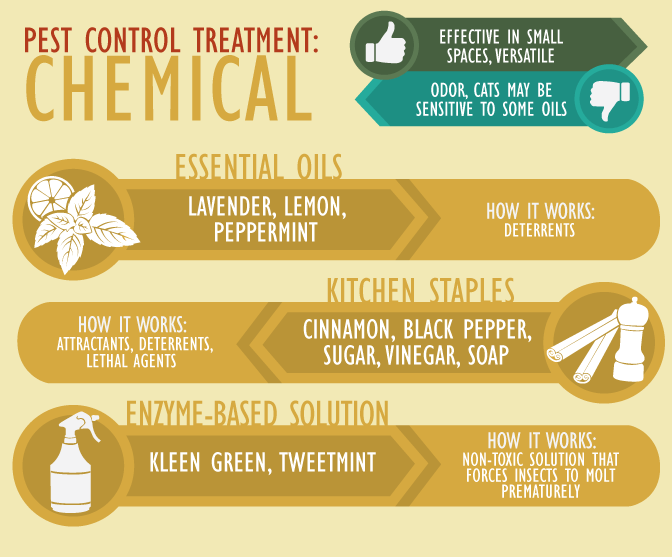The Role Of Pest Exterminators In Environmental Sustainability
The Role Of Pest Exterminators In Environmental Sustainability
Blog Article
Post Written By-Valdez Hess
You could think that bug exterminators are just interested in eliminating bugs, but their role surpasses that. They play an essential part in ecological sustainability.
By utilizing incorporated rodenticides , they not just remove parasites however additionally safeguard biodiversity.
Furthermore, they utilize sustainable parasite extermination methods to mitigate ecological risks.
So, next time you question the significance of insect exterminators, remember their contribution to a greener and much healthier planet.
The Relevance of Integrated Pest Monitoring
You should recognize the relevance of incorporated bug management in maintaining a lasting atmosphere.
Integrated Pest Monitoring (IPM) is a method that focuses on protecting against and regulating pests while lessening the use of harmful chemicals. By executing IPM strategies, you can successfully handle insect populaces without triggering damage to the atmosphere.
Integrated rodent management of IPM is making use of biological controls, such as killers and parasites, to naturally manage pest populations. This minimizes the need for chemical pesticides, which can have damaging impacts on wild animals and ecological communities.
Additionally, IPM advertises the use of social and physical controls, such as crop rotation and exclusion strategies, to avoid parasites from coming to be a trouble in the first place.
Shielding Biodiversity Through Parasite Control
We can guard biodiversity with efficient bug control methods that prioritize the preservation of all-natural communities. By utilizing accountable pest control techniques, we can secure and preserve the delicate equilibrium of types within our environment. Below are three methods which parasite control contributes to securing biodiversity:
- ** Maintaining indigenous plants and fauna ** - By targeting invasive species that intimidate native plants and animals, parasite control assists ensure the survival of native types and keeps the natural diversity of ecosystems.
- ** Avoiding the spread of diseases ** - Regulating parasites such as insects and ticks lowers the danger of conditions spreading to wild animals populaces, shielding biodiversity and preventing possible episodes.
- ** Conserving threatened varieties ** - By taking care of pests that prey on or take on endangered types, insect control efforts can improve the chances of survival and promote the recuperation of susceptible populations.
Through accountable parasite control approaches, we can actively add to the preservation of biodiversity and the sustainability of our natural world.
Mitigating Environmental Dangers With Lasting Parasite Extermination Approaches
By utilizing sustainable insect elimination techniques, you can successfully minimize ecological dangers while guaranteeing the safety and security and well-being of both human beings and the all-natural ecosystem. Traditional parasite control techniques frequently entail the use of dangerous chemicals that can have harmful effects on the atmosphere.
Nevertheless, lasting pest extermination methods focus on reducing these dangers by utilizing eco-friendly options. For example, integrated insect administration (IPM) strategies prioritize making use of safe and biodegradable items, in addition to all-natural killers to control pest populaces. This approach not just decreases the adverse impact on the environment yet likewise helps to keep the delicate equilibrium of the ecological community.
Additionally, lasting bug elimination techniques advertise the preservation of biodiversity by targeting details parasites without hurting valuable microorganisms. By embracing these approaches, you can contribute to an extra sustainable and eco-friendly technique to pest control.
Final thought
You are the pest exterminator, the guardian of nature's consistency. With integrated insect management, you balance the fragile community, ensuring the survival of varied varieties.
With lasting methods, you minimize ecological dangers, keeping the fragile balance intact.
Like a symphony conductor, you orchestrate the rhythm and flow, securing the biodiversity that dances in ideal harmony.
With every step you take, you produce a globe where nature grows, where pests retreat, and where sustainability reigns supreme.
